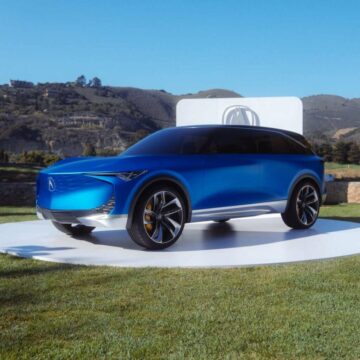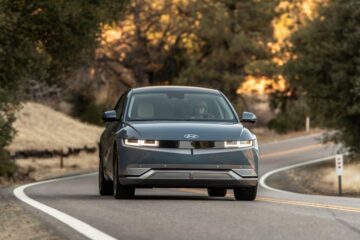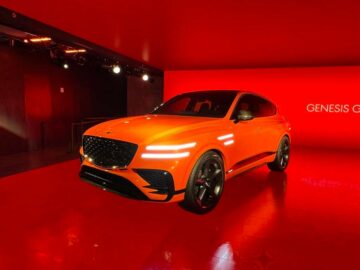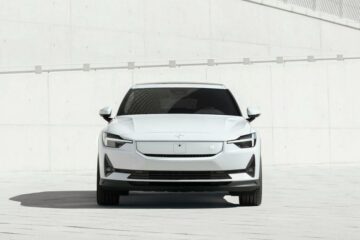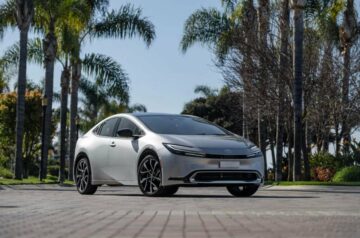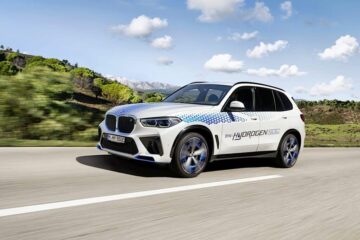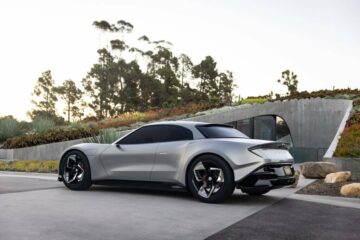The U.S. Department of Energy is proposing changes to how the “mileage” for electric vehicles is calculated, which could lower the number and hurt the Corporate Average Fuel Economy ratings for automakers.
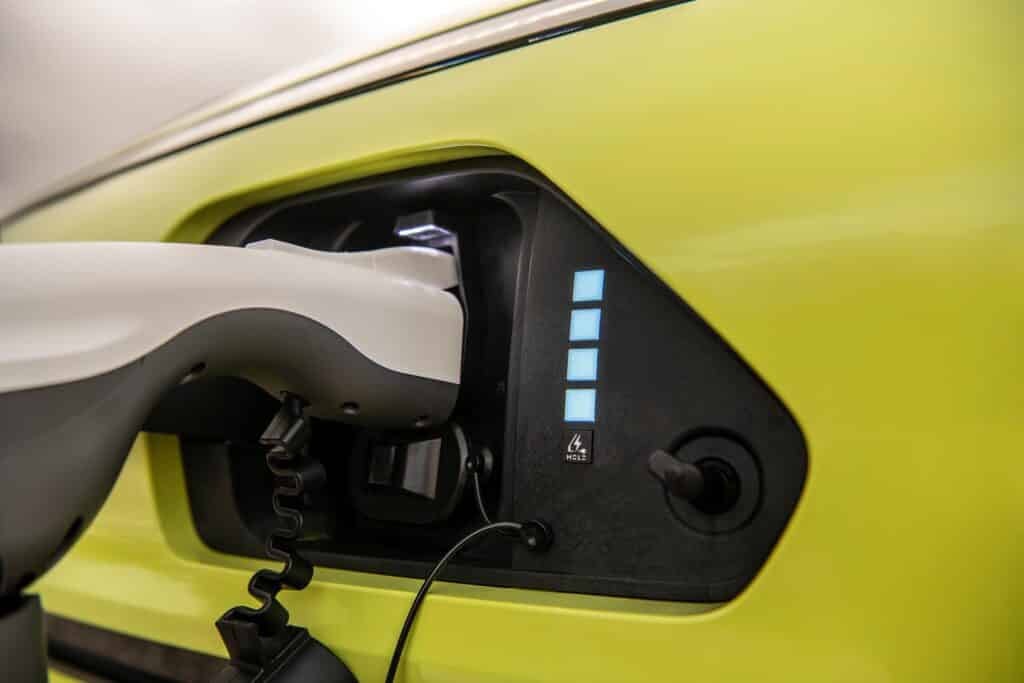
The result: automakers would have to shore up the fuel economy for its gas- and diesel-powered vehicles to hit the CAFE number or sell more EVs and hybrids. Either is a tall order. Electric vehicles accounted for 5.8% of new vehicle sales in 2022. That number is expected to rise this year, perhaps even to double digits.
The current formula for calculating the numbers have been in place for more than 20 years. However, there has been pressure from environmental groups to toughen the standards. When the Biden administration came on the scene, President Joe Biden committed to a battery-electric future, setting a target of half of all new vehicles sold being all electric by 2035.
“Encouraging adoption of EVs can reduce petroleum consumption but giving too much credit for that adoption can lead to increased net petroleum use because it enables lower fuel economy among conventional vehicles, which represent by far the majority of vehicles sold,” DOE said in its proposed regulation.

What’s the benefit?
Currently, the “fuel economy” of EVs is calculated into a number called MPGe, or miles per gallon equivalent. That figure is included in an automaker’s overall CAFE number to determine the average. Automakers with EVs in their line-up benefit because the number pushes the overall average for the company up — a bunch.
The Alliance for Automotive Innovation, a trade association for a group of automakers, believes lowering the values could have far-reaching implications and would discourage EV adoption, according to Reuters. Conversely, several environmental groups believe the over-the-top ratings applied to EVs encourage potential buyers to think that someone else is picking up the slack.
The Natural Resources Defense Council and Sierra Club pushed for a revision in 2021, claiming “excessively high imputed fuel economy values for EVs means that a relatively small number of EVs will mathematically guarantee compliance without meaningful improvements in the real-world average fuel economy of automakers’ overall fleets.”
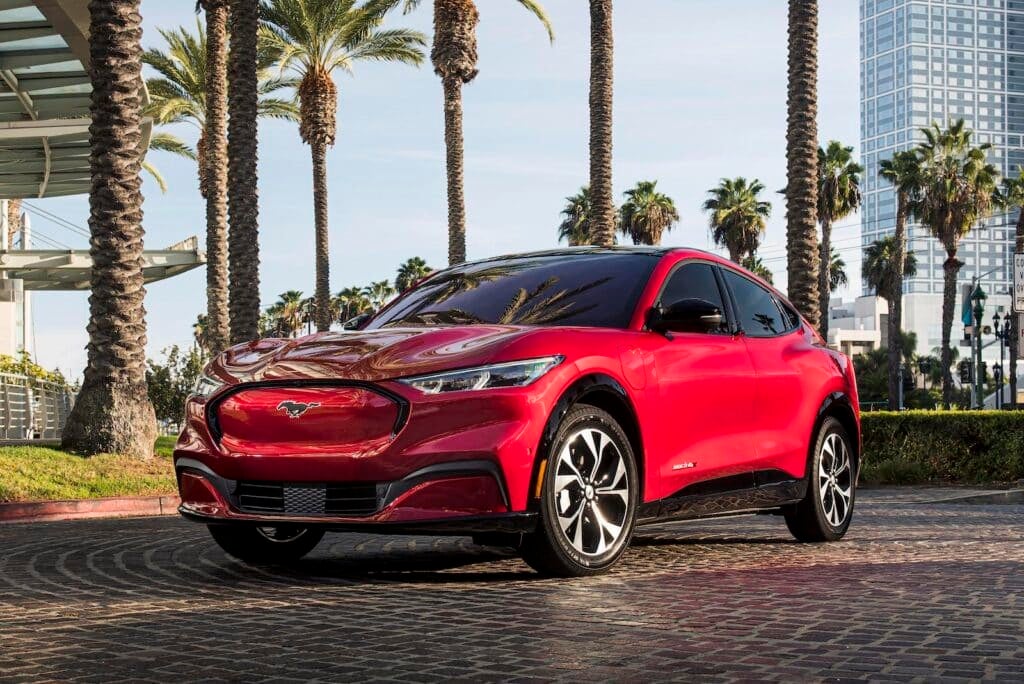
A big of a cut?
A Volkswagen ID.4 EV with a current 380.6 MPGe under CAFE would get 107.4 MPGe under the DOE proposal, according to a Reuters story. Further a Ford F-150 EV drops from 237.1 to 67.1 MPGe and Chrysler Pacifica plug-in hybrid falls from 88.2 to 59.5 MPGe.
Not only is there a push to reconsider these numbers, the Environmental Protection Agency is expected to introduce new rules to secure substantial cuts in vehicle emission. Those changes are also expected to spur sales of electric vehicles.
The proposed rules are expected to cover the 2027 through 2032 model years, Reuters reported. The proposal may result in at least 50% of the U.S. vehicle fleet by 2030 being electric or plug-in hybrids, which supports President Joe Biden goal outlined in 2021. The administration has not backed calls by California and others ban the sale of new gasoline-only light-duty vehicles by 2035.
- SEO Powered Content & PR Distribution. Get Amplified Today.
- Platoblockchain. Web3 Metaverse Intelligence. Knowledge Amplified. Access Here.
- Source: https://www.thedetroitbureau.com/2023/04/new-proposals-make-it-tougher-for-automakers-to-meet-mileage-emissions-standards/
- :is
- $UP
- 1
- 107
- 20 years
- 2021
- 2022
- 2023
- 2024
- 67
- a
- According
- administration
- Adoption
- agency
- All
- Alliance
- among
- and
- applied
- ARE
- Association
- At
- automakers
- automotive
- average
- backed
- Ban
- because
- being
- believe
- believes
- benefit
- biden
- Biden Administration
- Big
- Bunch
- buyers
- by
- calculated
- calculating
- california
- called
- Calls
- CAN
- Changes
- charging
- chrysler
- claiming
- club
- committed
- company
- compliance
- consumption
- conventional
- Corporate
- could
- Council
- cover
- credit
- Current
- Cut
- cuts
- decades
- Defense
- Department
- Department of Energy
- Depending
- Determine
- digits
- DOE
- double
- double digits
- down
- drive
- Drops
- economy
- either
- Electric
- electric vehicles
- emission
- Emissions
- enables
- encourage
- energy
- environmental
- Environmental Protection Agency
- Equivalent
- EV
- Even
- expected
- Falls
- far
- far-reaching
- Feb
- Figure
- First
- FLEET
- For
- formula
- from
- Fuel
- further
- future
- get
- Giving
- goal
- Group
- Group’s
- guarantee
- Half
- Have
- High
- Hit
- How
- However
- HTTPS
- Hurt
- Hybrid
- Hyundai
- ID
- implications
- improvements
- in
- included
- increased
- Innovation
- introduce
- IT
- ITS
- Jennifer
- Joe Biden
- jpg
- lead
- lowering
- Majority
- make
- mathematically
- max-width
- May..
- meaningful
- means
- Meet
- might
- model
- more
- Natural
- net
- New
- number
- numbers
- of
- on
- order
- Others
- outlined
- overall
- perhaps
- Petroleum
- Place
- plato
- Plato Data Intelligence
- PlatoData
- potential
- president
- president joe biden
- pressure
- proposal
- Proposals
- proposed
- protection
- Push
- pushed
- ratings
- real world
- reconsider
- reduce
- Regulation
- relatively
- Reported
- represent
- Resources
- result
- Reuters
- Rise
- rules
- s
- Said
- sale
- sales
- scene
- secure
- sell
- setting
- several
- slack
- small
- sold
- Someone
- standards
- Story
- substantial
- Supports
- Target
- that
- The
- their
- These
- Think
- this year
- Through
- to
- too
- trade
- u.s.
- under
- use
- Values
- vehicle
- Vehicles
- which
- will
- with
- without
- would
- year
- years
- zephyrnet

